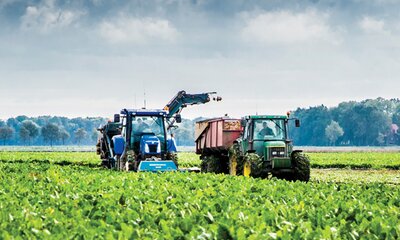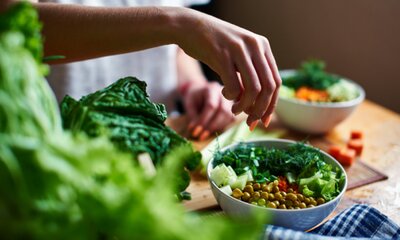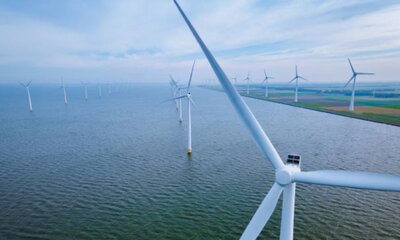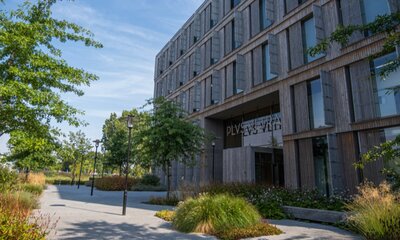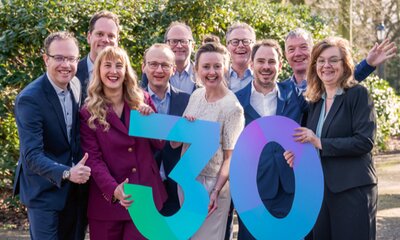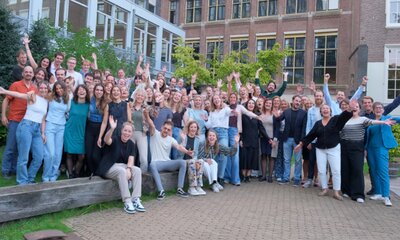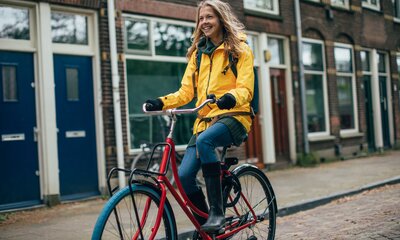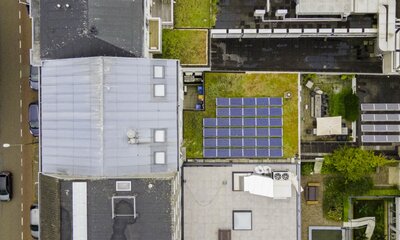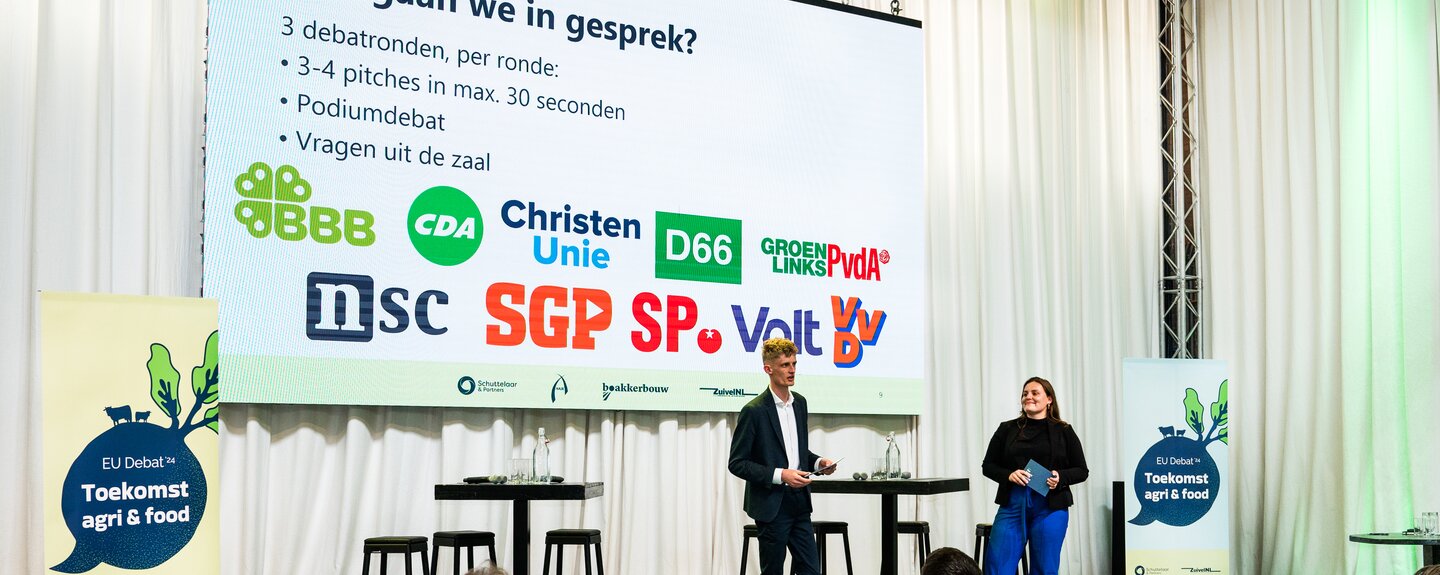EU debate: Future of Agri & Food
European agriculture spokesmen from BBB, CDA, Christian Union, D66, GroenLinks-PvdA, SGP, SP, Volt and VVD spoke to each other yesterday during the EU Debate: Future of Agri & Food. In prelude to the European Parliament elections, topics such as uniform sustainability standards for agriculture and chain responsibility were discussed.
Beforehand, chairmen Amber Laan (young dairy farmer and sustainable agriculture advisor at Schuttelaar & Partners) and Gerben Boom (daily manager at NAJK and sustainable agriculture advisor at Schuttelaar & Partners) aimed for a debate with substance and connection. Gerben: ‘During the robust discussions, the different positions of the political parties became clearly visible, but also managed to find consensus. It is good to continue the conversation with these brackets after the elections.’
In several rounds, we entered into discussions with Anna Strolenberg (Volt #1), Bart Millenaar (VVD #7), Bas Eickhout (GroenLinks-PvdA #1), Bert-Jan Ruissen (SGP #1), Fenna Feenstra (SP #1), Gerben-Jan Gerbrandy (D66 #1), Jessika van Leeuwen (BBB #2), Johanna Koffeman (ChristenUnie #4) and Willemien Koning (CDA #4).
What will the political parties present do and change in the next 5 years, how do they see their role? The discussions zoomed in on long-term solutions and structural changes to address problems that are now in play with clear policy choices.
Generic policies and fertile delta
There is broad consensus on the importance of sustainability and maintaining a strong food position, despite certain expectations with straights in the Netherlands and within the EU. However, opinions differ on how to achieve this. While some argue for customisation and review of existing areas, others see generic policies as necessary to achieve climate goals. Dialogue on how to better integrate agriculture and nature and how to strengthen the financial position of farmers remains essential.
According to CDA candidate Willemien Koning: ‘No generic policy is needed, but tailor-made solutions. Recalibration of Natura 2000 areas and broadening manure standards are essential to achieve a healthy balance.’
Volt candidate Anna Strolenberg added: ‘Generic policy is needed for climate change and should act as a lever, not a burden. The climate change must be stimulated at EU level, with customisation further supporting the climate transition.’
Tools for young farmers
There is broad consensus that the current European sustainability policy does not sufficiently support young farmers economically in making their farms more sustainable. Several parties stress the need for fair prices, financial support and customised regulation to enable the transition to sustainable agriculture. True pricing and accountable substance balances are seen as potential solutions to pass on pollution and encourage sustainable production.
According to VVD candidate Bart Millenaar: ‘Greening is only effective if farmers are given room for self-fulfilment with decent compensation. Farmers want to become more sustainable, but the government must also be willing to support.’
CU candidate Johanna Koffeman added: ‘Sustainability pays too little now, especially for young farmers. Brussels must provide perspective and clarity for investments in sustainability.’
Target steering for better water quality
There is broad consensus that target steering is necessary for better water quality, with farmers' craftsmanship at the centre. However, there are differences in how strict the standards should be and how they should be measured and enforced. BBB thinks the standards are too strict, and points to Natura 2000 areas as the culprit, as does the CDA. The VVD and SGP emphasise abolishing means regulations and supporting innovations. The CU and D66 stress that goal-setting does not equate to less stringent standards and that the Netherlands must drastically improve its water quality.
According to D66 candidate Gerben-Jan Gerbrandy: ‘The Netherlands scores low in water quality. Target setting is a good idea, but measuring it can be difficult. Nitrate, phosphate and PFAS pollute the water, and thus ecological water quality deteriorates.’
Jessika van Leeuwen (BBB) responded strongly to this by arguing that the Netherlands sets stricter standards for surface water quality than abroad. Both parties strongly disagreed to what extent the Netherlands now has poor water quality and is the worst boy in the European class.
SP candidate Fenna Feenstra added: ‘Target setting must be accompanied by clear goals and controls. Knowledge on how to achieve these targets should be freely available and farmers should be rewarded for achieving targets with fewer inputs.’
The trade-offs that linger afterward are briefly summarised by Amber: ‘Do you opt for high-productivity agriculture and short-term food security, thus ignoring current data? Or do you focus on nature restoration, biodiversity and habitat, with the (unintended) consequence of production loss and cost price increase that, without support schemes, can only be absorbed by the very biggest farmers.’
The choice lies with the Netherlands on June 6. Would you like to know more about the European elections? Read it in this digital magazine or watch the debate via this link.
Organization
The EU Election Debate on the future of Agri and Food in the Mauritskazerne in Ede is an initiative of Schuttelaar & Partners and NAJK and is supported by BO akkerbouw and ZuivelNL.
